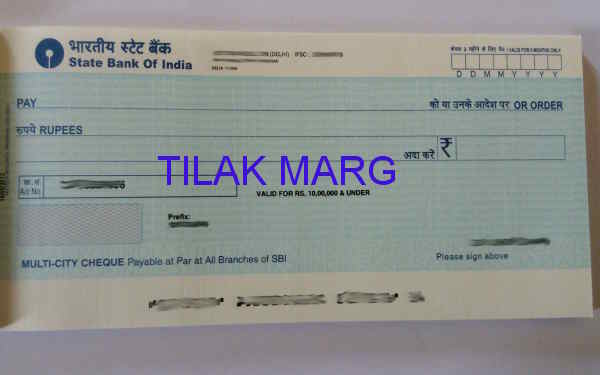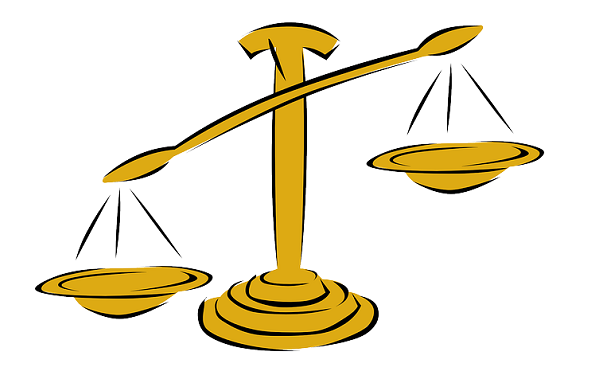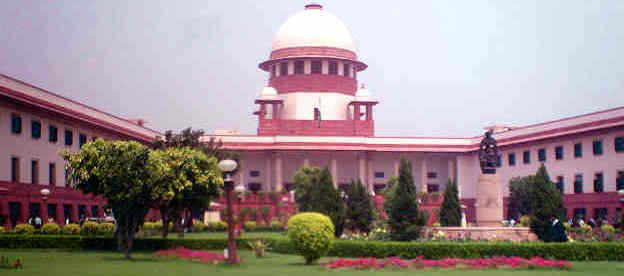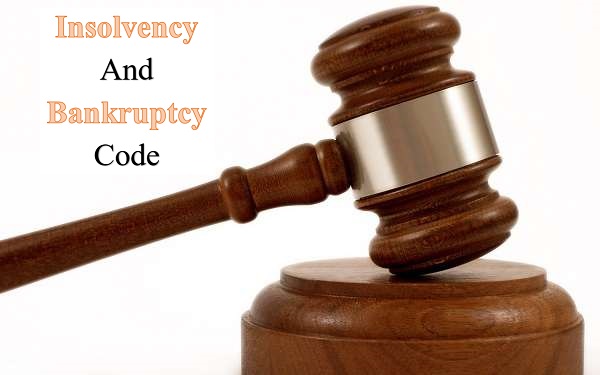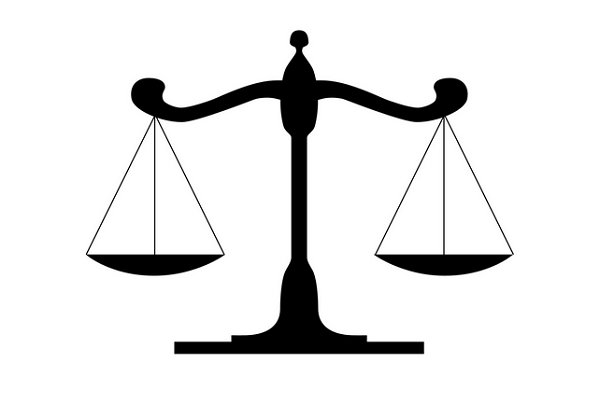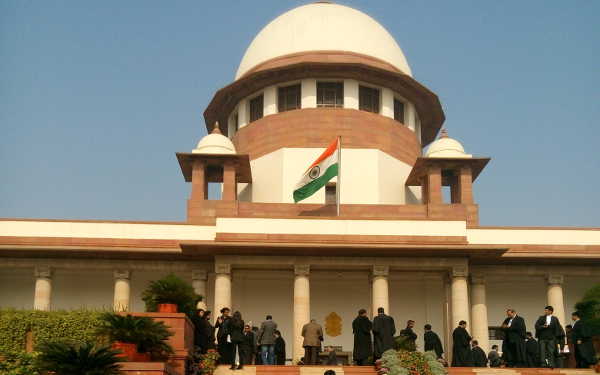Effect of lost / stolen cheque on Cheque Bouncing 138 NI Act case
Section 138 of the Negotiable Instruments Act, 1881 provides for a punishment if a person who has issued a cheque is unable to clear the cheque and the said cheque gets dishonored. A criminal case is made against the person who had issued the cheque (drawer) for issuing a cheque and fraudulently not having sufficient funds in his account or for a stop payment direction to the bank. The maximum punishment in such cases is upto 2 years imprisonment, or fine amounting to double the cheque amount, or both. The intent of the legislature behind such an offence was that if a person has issued a cheque for payment to somebody, in that case he should respect such action and if he fails to make the payment due to insufficiency of funds then he would be criminally tried.

